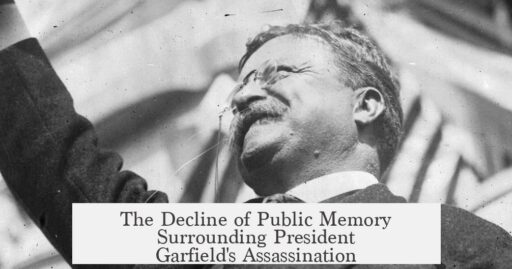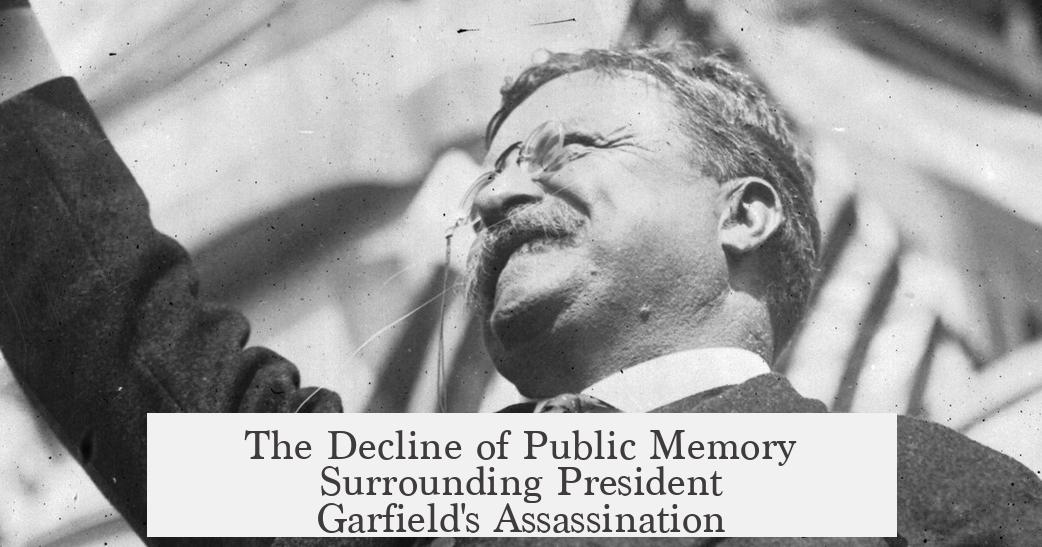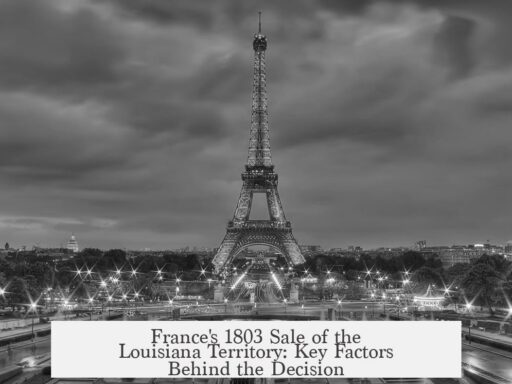The assassination of President James A. Garfield fades from public memory largely due to his short, uneventful presidency, the unremarkable nature of his assassin, the limited lasting impact of his death, and the subsequent overshadowing by more prominent historical events and figures.
Garfield’s presidency lasted less than four months before he was shot. This brief term, the second shortest in U.S. history after William Henry Harrison’s, allowed little chance for Garfield to establish a memorable political legacy.
Garfield lacked a distinct public persona. Despite being a Civil War veteran with substantial experience, he was never seen as a legendary figure or a strong personality. His election was a compromise within his party, with a narrow and largely uneventful campaign. Due to this, his time in office is hard to recall as marked by significant achievements or defining moments.
His accomplishments were minimal. They include refinancing Civil War bonds to reduce federal spending and appointing a few African Americans to patronage positions. Another point was his challenge to party leader Roscoe Conkling, which was notable but not transformative. After being shot, Garfield’s role collapsed to almost a formality, with only the signing of an extradition treaty to note.
The nature of the assassination also contributes to its fading significance. The assassin, Charles Guiteau, was a mentally unstable office seeker with no clear political motives. Unlike other presidential assassins—John Wilkes Booth, Lee Harvey Oswald, or Leon Czolgosz—who had ties to major conspiracies or ideological movements, Guiteau appeared isolated and erratic. This lack of a compelling narrative reduces ongoing historical interest and discussion.
Additionally, Garfield’s successor, Chester A. Arthur, did not enhance the memory of the assassination. Arthur’s presidency is considered mediocre, lacking the fame or notoriety that might have kept Garfield’s death more prominent in public consciousness. This contrasts sharply with successors after other assassinations, such as Andrew Johnson after Lincoln, or Lyndon Johnson following Kennedy, both of whom were larger-than-life figures in challenging times.
The historical context of Garfield’s death was comparatively quiet. The year 1881 lacked major national turmoil. Garfield’s death did not occur amid a major war or social upheaval, unlike Lincoln’s assassination during the Civil War or Kennedy’s amid Cold War tensions and civil rights movements. Furthermore, Garfield’s drawn-out illness and death over months lacked dramatic finality. This slow decline contrasts with the immediate, shocking deaths that imprinted more deeply on public memory.
Once the immediate crisis passed, political resolution diminished the event’s long-term effect. The Pendleton Civil Service Reform Act, supported by Arthur, addressed the patronage issues that partly motivated Guiteau. As the political factions involved—the Half Breeds and Stalwarts—lost relevance, so did the context that framed Garfield’s assassination.
Broader historical developments also eclipse Garfield’s assassination. The Progressive Era, marked by Theodore Roosevelt and significant reforms, reshaped public interest and historical priorities. Even McKinley’s more famous assassination gradually faded as the era’s achievements overshadowed his contributions. Garfield’s brief and quiet tenure, therefore, sank further into obscurity in the face of sweeping national changes.
| Factor | Explanation |
|---|---|
| Presidency length and impact | Only four months in office, few achievements, no memorable leadership |
| Assassin profile | Mentally unstable lone actor without political ties or conspiracy |
| Successor influence | Mediocre Arthur failed to elevate Garfield’s legacy |
| Historical context | Quiet period with no major national crises or dramatic death |
| Political resolution | Pendleton Act reduced patronage drama tied to assassination |
| Overshadowing eras | Progressive Era reforms drew focus away from Garfield’s era |
- Garfield’s assassination was significant initially but lacks lasting public memory due to his short and quiet presidency.
- The assassin’s lack of political motive and mental instability reduced historical interest.
- Arthur’s unremarkable presidency failed to keep Garfield’s legacy alive.
- The era’s relative stability and slow death dampened dramatic impact.
- Reforms following his death resolved underlying issues, lessening ongoing significance.
- Later historical movements and presidents overshadowed Garfield’s story.




